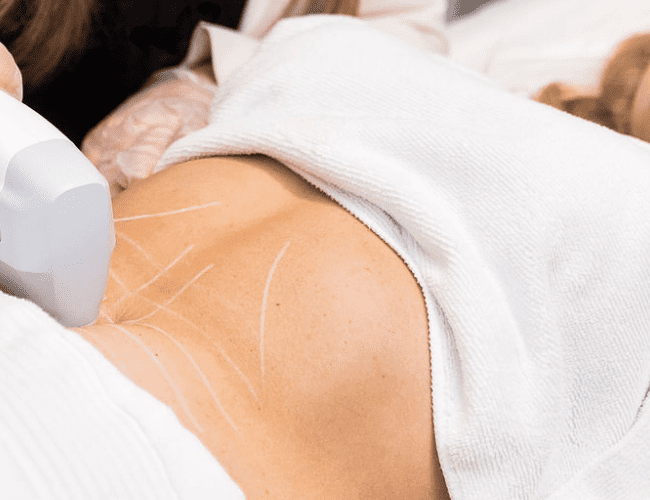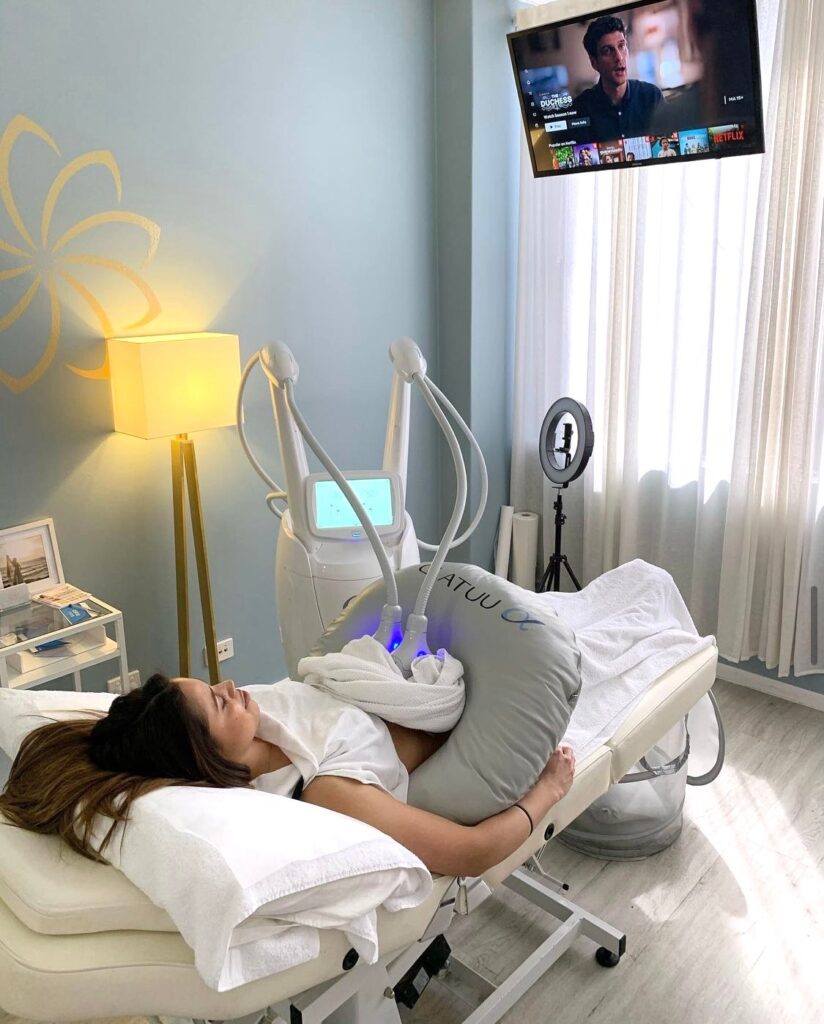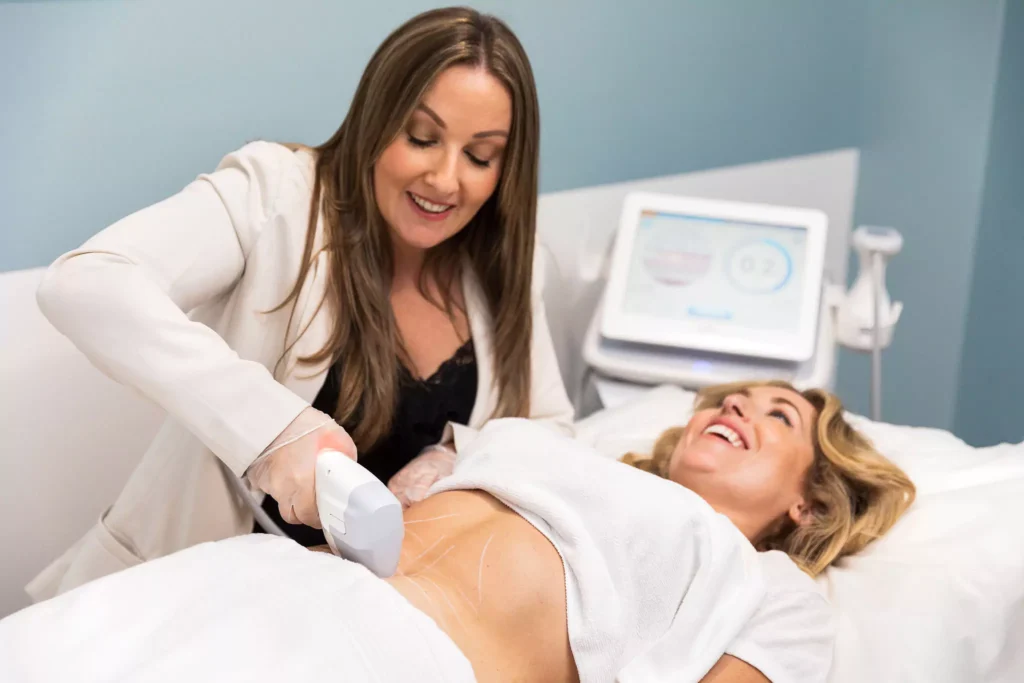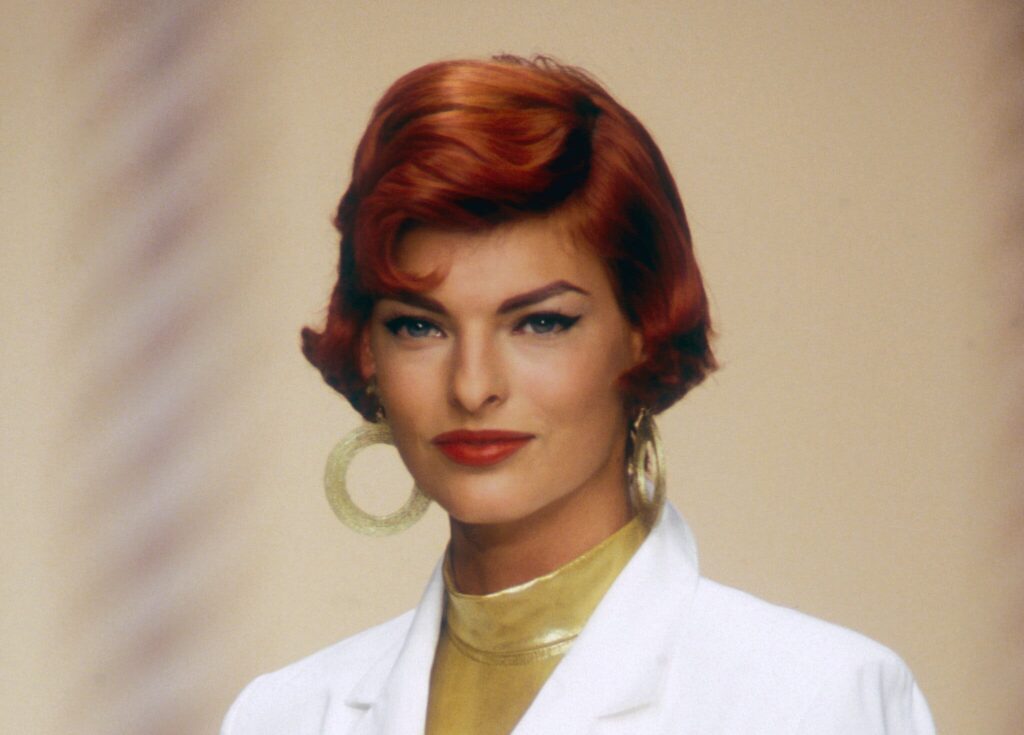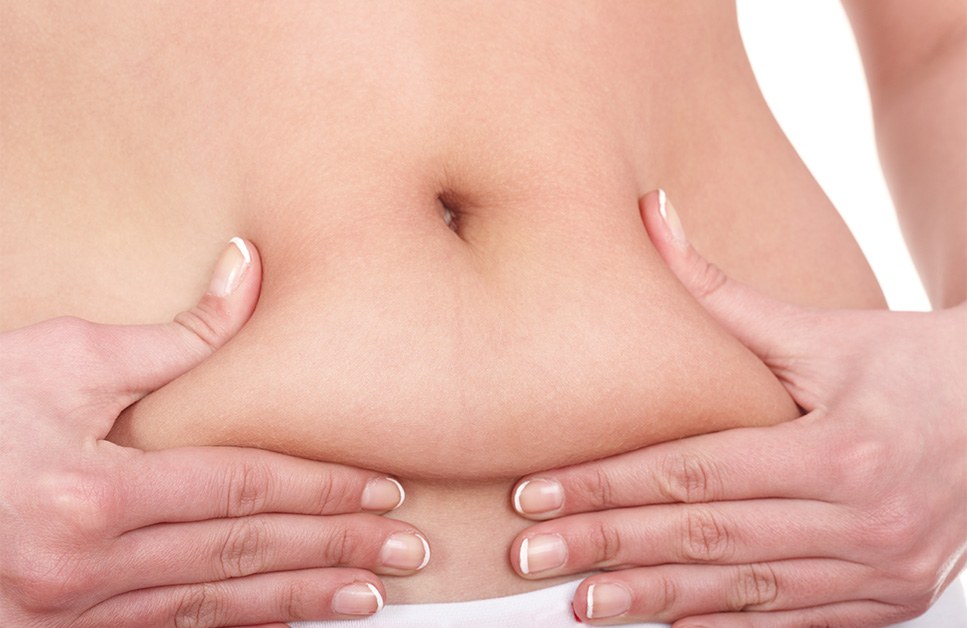
How insulin and carbs affect our body weight

All of us have wanted to lose weight at one point or another. In fact, probably 80% of the people reading this blog are watching their waistline.
All of us have wanted to lose weight at one point or another. In fact, probably 80% of the people reading this blog are watching their waistline.
So what do we do? Exercise, eat healthily and eat less, of course. Naturally, if we consume less calories then we expect it to result in weight loss. Right? For some people yes, but for the majority of us, no. Not only are we left feeling hungry and thinking about food every waking moment but we don’t see any change in our bodies and if we do, we soon revert back to our initial size and maybe add a couple more kilos on. Then the emotional rollercoaster begins and well, you all know how that ends…
I too, was on this rollercoaster until I read the book “Why we get fat: And what to do about it” by Gary Taubes and although I do love an adrenalin rush, I have to admit I love the flat line consistency of my body weight better.
Many of us have an appreciation of our hormones and the effects they have on our bodies. However, we don’t really understand them. So today, thanks to Gary Taubes, I would like to enlighten you all on the hormone, Insulin and how it affects our body weight; and more importantly, the role carbohydrates (carbs) play.
Fat flows happily in and out of our fat cells all day long in the form of free fatty acids that are waiting to be used as fuel. These free fatty acids are so small that they can easily flow through our fat cell membranes without ever being stored in the fat cell. The problem arises when a molecule called glycerol is present in the fat cell. Glycerol acts as glue, sticking together these free fatty acids and together they become a “triglyceride” (3 molecules of free fatty acids “tri-” plus 1 molecule of glycerol “glyceride”). This new molecule is now too big to flow freely out of the fat cell membrane and subsequently gets stored within the fat cell for future use and yes, makes you fatter.
So where does the nasty glycerol come from? Glycerol is a by-product of glucose metabolism. So the more glucose molecules being metabolised in the fat cells the more glycerol molecules being produced… And which hormone is responsible for pumping glucose into the fat cells? You got it, insulin!
Insulin is an important hormone that helps us absorb nutrients from our food and regulate our blood sugar levels (glucose). Whenever we eat carbs, they are digested and appear in the bloodstream in the form of glucose. The liver and muscle cells burn this glucose to use as energy, however they cannot keep up with the rising tide of blood sugar and so call upon insulin to help regulate their blood sugar levels. Insulin does so by pumping the extra glucose into the fat cells, where as we learned above, transforms into glycerol, attaching onto free fatty acids, becoming too big to leave the cell and storing as fat.
So, to help control the amount of insulin we secrete we need to control the amount of carbs we are eating. In short; decrease the carbs, decrease the fat!
Foods that contain carbs are made up of sugar and starches;
- Simple carbs (sugars) – sugar, honey, maple syrup, molasses
- Complex carbs (starches) – grains, barley, buckwheat, quinoa, rye, rice, cereals, flour, cornstarch, breads, pastas, muffins, bagels, crackers, starchy vegetables (carrots, parsnips, corn, potatoes)
Foods to eat more of;
- Proteins such as meats (pork, beef, lamb, veal)
- Poultry (chicken, turkey, duck, fowl)
- Fish and seafood
- Eggs
- Vegetables
Maintaining a healthy balanced diet of unprocessed foods, high in proteins and vegetables and low in carbs and sugar will hugely increase your energy levels and help you avoid certain health problems. Coupled with regular exercise and partnered with Body Catalyst we’ll have you looking and feeling great in no time.


